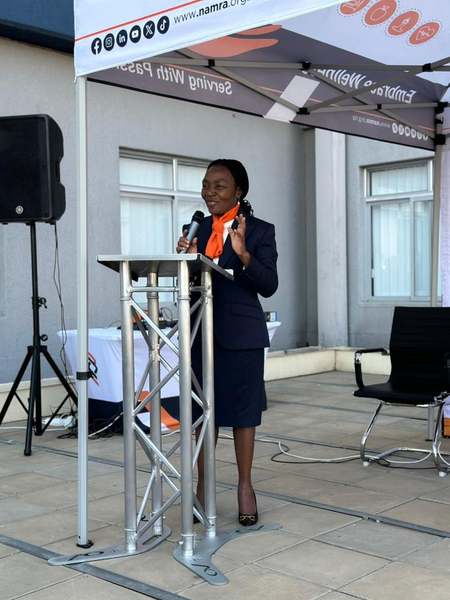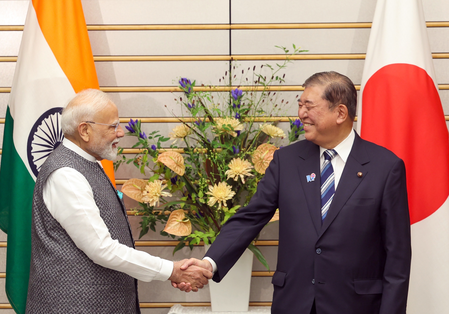
Windhoek, Sep 4 (IANS) Namibian Finance Minister Ericah Shafudah on Thursday said financial inclusion is crucial to addressing the country’s deep-rooted inequality, as Namibia hosts the 2025 Alliance for Financial Inclusion (AFI) Global Policy Forum in the coastal city of Swakopmund.
Held under the theme ‘Empowering Society, Enabling Growth’, the forum has drawn central bank governors, policymakers, and experts from around the world to share strategies for advancing inclusive finance.
Speaking at the opening, Shafudah said Namibia remains one of the world’s most unequal societies, a legacy of exclusionary policies under colonialism and apartheid, Xinhua News Agency reported.
“The remnants of these divisive historical policies continue to linger even after three and a half decades of our independence,” she said, stressing that access to finance is vital to empower citizens and reduce disparities.
She noted that financial inclusion has improved significantly in Namibia, with 78 per cent of adults now able to access financial services compared with 51 per cent a decade ago. Yet 22 per cent of the population, particularly women, youth, rural residents, people with disabilities, and those in the informal sector, remain excluded.
“True financial inclusion extends far beyond access to a bank account; it is about granting economic agency to our citizens, enabling them to save securely, invest wisely, and build resilience against shocks,” Shafudah said.
She called on the international community to provide tangible support for countries lagging behind, saying, “We must be supported not only through hosting AFI events but also with tailored policies and actual resources to leapfrog, thereby closing global inequalities of all forms.”
On September 2, Namibia’s Finance Minister Ericah Shafudah said that Namibia has rolled out a 500-million-Namibia-dollar (about 28 million US dollars) National Youth Entrepreneurship Fund to tackle youth unemployment, offering collateral-free loans, flexible repayment terms and reduced lending rates capped at 4 per cent.
Speaking to lawmakers, Shafudah said the fund will be disbursed through several development finance institutions, including the Development Bank of Namibia, Agribank and the Environmental Investment Fund, to expand access and avoid bottlenecks in financing youth enterprises.
She said the scheme aims to support at least 350 youth businesses and create 4,000 jobs in its initial phase, with allocations ensuring regional balance and targeted support for women, rural youth and persons with disabilities.
“Directed lending guidelines will also ensure equity by addressing regional imbalances, promoting women’s empowerment, and supporting marginalized communities,” the minister said.
The fund will also provide non-financial support such as mentorship, coaching and market access, while a real-time data platform will be established to link government ministries and financing institutions, Shafudah said.
“This platform will improve decision-making, reduce duplication of funding, and ensure the fund remains adaptive and responsive to the needs of young people,” she said.
Shafudah said the initiative aligns with Namibia’s broader financial sector reforms and employment creation objectives and is expected to reduce poverty, promote economic inclusion and strengthen social stability by addressing youth disenfranchisement.
–IANS
akl/as




